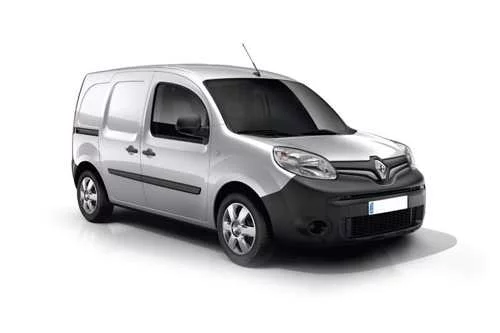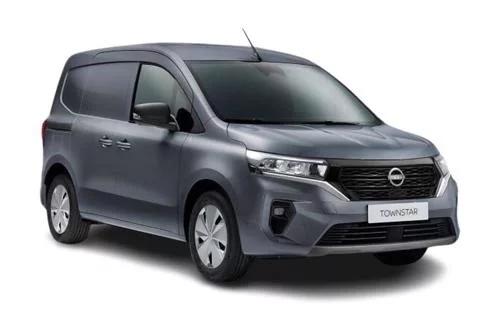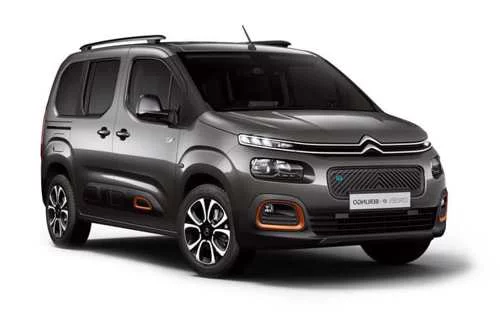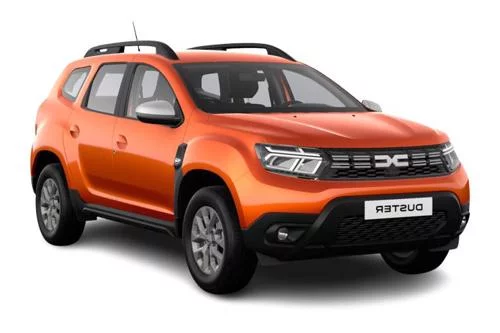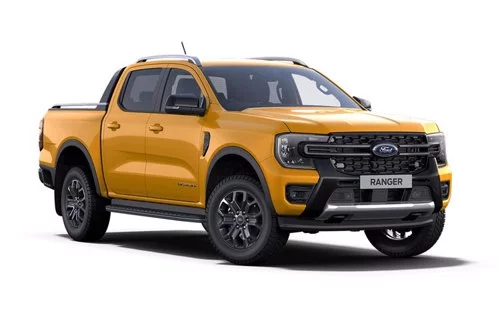
Van Leasing
From panel vans, Lutons or crew vans, Britannia Car Leasing has a huge range of van types available to lease. We can quote any make or model from all major manufacturers including the best selling Ford Transit van or if you are looking for something smaller, why not look at the new Nissan Townstar? If you are unsure which van to choose, we have put together a handy guide to help you out.
46 models
Commercial Vehicle Leasing for Businesses
Leasing a commercial vehicle involves a long term rental for a predetermined period, usually ranging from 24 to 60 months, and paying monthly lease payments. Unlike purchasing, leasing doesn't require a hefty upfront payment, making it a viable option for businesses looking to preserve capital. Instead, businesses pay a fixed monthly fee, which often includes maintenance costs, allowing for better budgeting and cost control.
When you use a broker like Britannia Car Leasing to help find a suitable van, pickup, or LCV for a business, you unlock access to a huge range of van types with various specifications, body types, and competitive leasing offers across all manufacturers.
Whatever your payload type, our knowledgeable team are on hand to help you out. We have access to a wide panel of finance companies, giving you the best leasing rates on the market.
Not only do we specialise in van leasing, we also have a huge choice of car leasing deals for business and personal customers.

Benefits of Van Leasing:
-
Preservation of Capital: One of the most significant advantages of leasing is the preservation of capital. By avoiding a large upfront payment, businesses can allocate their financial resources to other critical areas such as marketing, expansion, or inventory management.
-
Fixed Costs: Lease agreements typically come with fixed monthly payments, allowing businesses to forecast expenses accurately. This predictability is invaluable for budget planning and financial stability, especially for small businesses or startups with limited cash flow.
-
Tax Benefits: Van leasing payments can be tax-deductible as business expenses, providing potential tax benefits. Additionally, leased vehicles are not considered assets on the balance sheet, which can positively impact financial ratios and borrowing capacity.
-
Access to Newer Models: Leasing enables businesses to access the latest commercial vehicle models with advanced features and technology. This ensures optimal performance, fuel efficiency, and safety, enhancing the overall productivity of operations.
-
Maintenance and Warranty Coverage: Most lease agreements include maintenance packages and manufacturer warranties, relieving businesses of the burden of unexpected repair costs. This eliminates downtime and ensures that the vehicle remains in optimal condition throughout the lease term.
Considerations Before Leasing:
-
Lease Terms and Mileage Limitations: It's essential to carefully review the lease terms, including mileage limitations and any potential penalties for exceeding them. Businesses should estimate their annual mileage accurately to avoid unexpected charges at the end of the lease term.
-
Residual Value: The residual value of the vehicle, which is its estimated worth at the end of the lease term, plays a crucial role in determining monthly lease payments. Understanding how depreciation affects the residual value can help businesses negotiate favorable lease terms.
-
Insurance Requirements: Lease agreements often stipulate specific insurance requirements, including coverage limits and types. Businesses should ensure that they comply with these requirements to avoid potential liabilities and coverage gaps.
-
End-of-Lease Options: Before entering a lease agreement, businesses should consider their options at the end of the lease term, such as returning the vehicle, purchasing it at a predetermined price, or leasing a new model. Understanding these options allows for better decision-making and long-term planning.
Leasing a commercial vehicle offers businesses a flexible and cost-effective solution to their transportation needs. By preserving capital, providing fixed costs, and offering access to newer models, leasing enables businesses to optimise their operations and maintain a competitive edge in the market. However, careful consideration of lease terms, residual value, insurance requirements, and end-of-lease options is essential to maximize the benefits of leasing and minimise potential risks. With the right approach, leasing a commercial vehicle can be a strategic investment that drives business growth and success.
